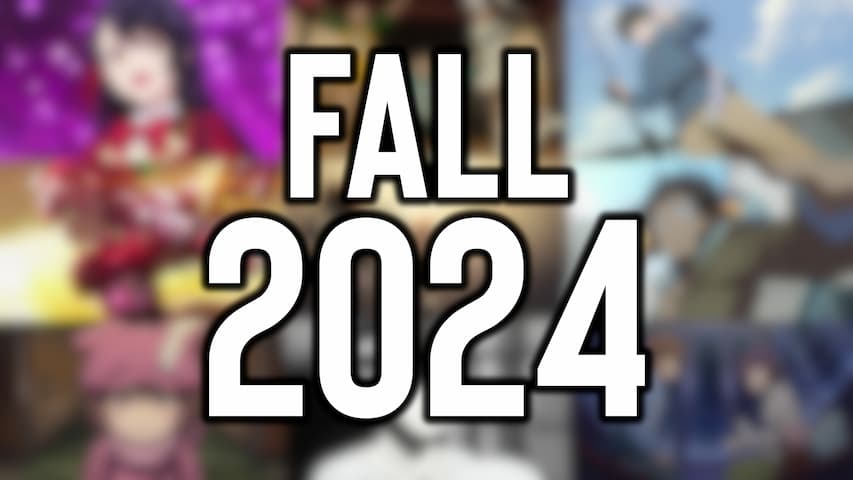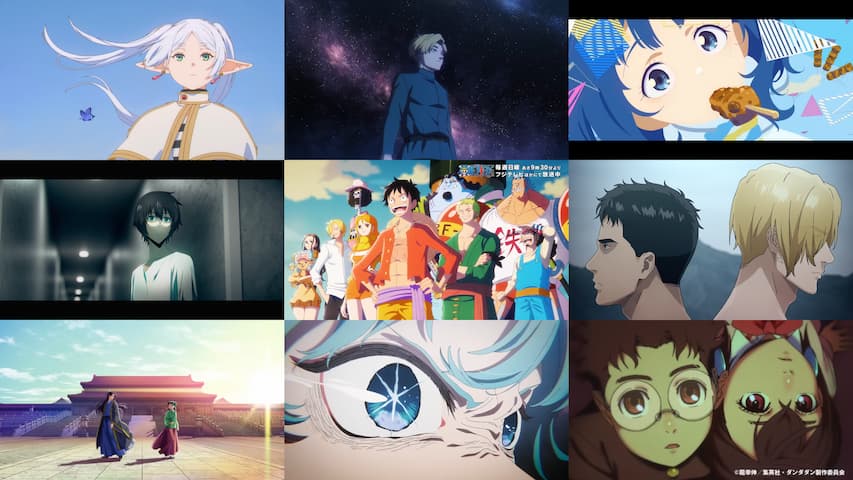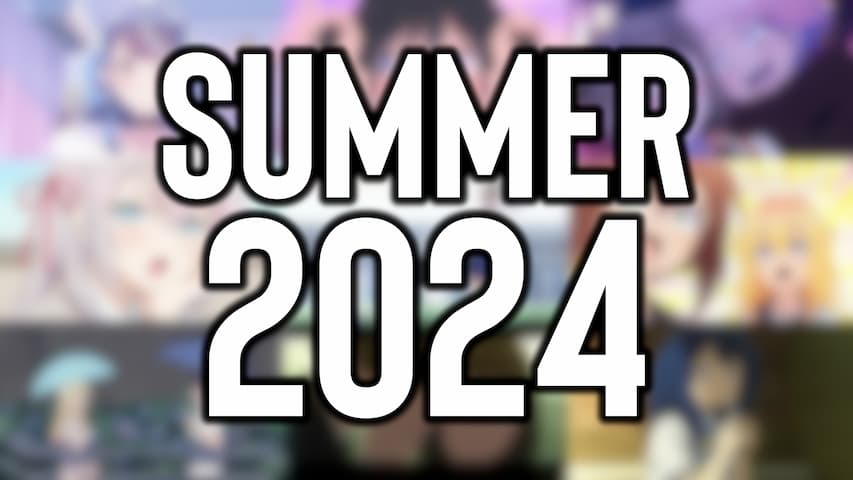Seasonal Anime Wrap-Up: Spring 2024

Ach ja, apparently, this is a thing I will be doing now. Fear not, I will never stop yapping about anime. Unlike last season, this one wasn’t so straight-forward in terms of “watching seasonal anime”… or maybe it was and I just don’t know how it is supposed to go under normal circumstances. Initially, I thought the season lineup didn’t look that promising: Maybe three or so anime plus the adaptations of manga I had read. Alas, at the height of it all, I watched nine different anime per week, even more than the, from my perspective, already stacked winter season, until this number eventually dwindled down to just five. Fun fact, this season alone increased the amount of dropped anime on my MAL by over 50%, though I don’t normally count anime I stopped watching after only a single episode, so this number is obviously a bit skewed… still funny in retrospect. Anyway, here are my thoughts on the anime I watched in spring 2024.
The ones that didn’t make it

As already mentioned, I eventually dropped four of the anime I started, each for very different reasons:
Dropping Go! Go! Loser Ranger! might have been the hardest decision for me between it and the three other ones. With one of the strongest opening episode this season, I was surprisingly hooked way beyond what I initially thought the anime could even possibly provide, despite my severe lack of knowledge on Japanese Tokusatsu and its history. However, with each passing episode, it kind of just idled on the spot without the same intrigue it so skillfully displayed at first. Sure, Fighter D is fun, but Suzukiri never really got to me beyond her initial mysterious aura and Sakurama only kind of delivers on his character, before being shafted seemingly altogether. I also couldn’t really learn to care about basically anyone else, despite the cast being relatively varied what personality and motivation is concerned. Once the series at large basically came to a full stop in the middle of it all, I just had to accept that I simply do not care enough about this anime to wait another week for a new episode to drop.
Unnamed Memory seems to be a prime example of what I would call “Kadokawa should really stop green-lighting bare-bones adaptations of any semi-popular light novel under their imprint for the sake of some quick cross media promotion”, especially with my observation being that I will have to buy the novels, not because the anime was particularly good, but because it was so bad, I would have to take a look at the original source material to even understand what is actually unfolding in front of my eyes… which is a shame. I liked episode one and with it Tinasha and Oscar basically right away, so I actually looked forward to not just their respective struggles the story would throw at them, but also their relationship. Too bad this dream immediately went up in flames, due to any progress feeling like it is missing half the story, which, judging by the reactions of the people who have read the light novels, might actually be the case. Coupling all this with what might barely constitute as a solely functional production in terms of art and animation, I really didn’t see any point in watching something that, by all means, probably shouldn’t even exist in this form.
Whisper Me a Love Song is one of the adaptations to which I have read the source material. However, as I have also written in my second Girls Love Manga Recommendation post, it was also the one I was least confident in actually putting on the list. Having read a bit farther in the meantime, I thought watching the anime would make me appreciate the earlier bits of the story more (Something something hindsight), but it actually had quite the opposite effect: Early Whisper Me a Love Song is pretty dull. What actually put the last nail in the coffin, above the adaptation being plagued by productions issues, to the point the last episodes had to be postponed entirely, was actually catching up with the manga again and being reminded, that I care very little about experiencing this story again. I’m fine with the new stuff, but the prospect of going back doesn’t appeal to me in the slightest with this one.
To be frank, I probably should have skipped out on The Many Sides of Voice Actor Radio from the very beginning. It was probably the anime I was least interested in to begin with and nothing from the first couple of episodes really caught my attention. Functionally, it also somehow reminded me of Citrus, with the way the main duo’s personalities are portrayed and just like Citrus, I couldn’t stand the cynical and reserved one, while wishing we would get to see more of the genki Gyaru. Ending the first arc on a very generic and exhausting plot point just gave me the last push I needed to drop it. It also doesn’t help that I have already seen at least two similar anime that simply tackle the subject matter with a lot more nuance and better character writing. You also can’t just bait me with the prospect of potential Yuri, since I, for some reason, actually know better than this and was even more confused than anything when we got to some very out-of-place boob-fondling in episode three. Considering I hear literally nothing from the usual voices, I doubt I will actually miss out on anything by skipping this one.
Re:Monster

Honestly, I kind of have to applaud the brazenness of Re:Monster’s self-indulgence. When it actually commits to both the tropes and fantasies, as well as the apparent whims of the author, it can even confidently stand on its own as a semi-fun series. You know what? Yeah, just make it a full-on harem with the protagonist having sex constantly and even being a father of four by the end of season one. Let there be some classic shounen-esque fights, rivalries and moments of boys being boys being hot-headed. Who needs structured conflict, when you can just throw idea after idea at the wall and not even wait for what to stick, before going at the next one? There is a fun time here, even if, for me, it is buried under the condition of not being allowed to actually engage with the narrative on anything deeper than its surface-level appeal. Feel the Ding Ding Dong like King Kong, but don’t question the 0から転生 Big game.
If you take a more critical look on what is happening in the story, it goes from incompetent to straight up questionable. All the evolutionary stuff is mostly glanced over, the whole “building society from ground up” aspect is seriously lacking in depth and the entire world-building seems to solely exist for the purpose of showing off how swell a guy, depending on the time, Goburou, Ogarou or Aporou is. I mean, this whole things started with him being killed in a world where supernatural battles are commonplace, so what is that about? Also don’t expect anything beyond the most basic archetypes for this way too bloated cast of characters. Calling it “idea first, execution third” might be a bit too harsh, but for me, it is simply missing the meat even the most boring aspects of early So I’m a Spider had for me.
Then there are all the mixed messages I get from this series: Rape is wrong, except when it is not or you are grooming women and putting them in a position that makes Stockholm syndrome look like a serious condition. Your value is not determined by how much you conform to societal expectations, but living in a meritocracy is also good, actually, and should be the way of life. Human greed causes suffering for everyone around it, so let’s be indifferent towards the harm we cause in the quest to becoming the very strongest. For every thematic idea there is, it is also determined to take two steps back. It is this lack of foresight, rather than what I could assume would be malice, that makes thinking about Re:Monster almost pointless. Whether there is thought behind it or not, it stays futile engaging with it this ways.
Kaiju No. 8

Oh Kaiju No. 8, how I have wished for you to not turn into a formulaic fighting Shounen. Alas, here we are, so no need complaining about things that aren’t. Overall, Kaiju No. 8 is fun. Very much fun, even, and the adaptation does it’s best to truly deliver on all the action, hype and comedy the series has to offer and at the very least, it is this anime I was always most looking forward to watch another episode from, only to be stopped dead in my tracks by the fact I would have to wait another week to do so. The woes of watching seasonal anime.
In the most basic sense, Kaiju No. 8 doesn’t do a lot of things necessarily wrong, just in a way that keeps inviting me to complain about something that otherwise could be something consistently special. The series constantly undermines Kafka’s knowledge about Kaiju by making him only give the most obvious surface-level observations to his squad mates, spends to much time imitating remnants of the other Shounen series that came before it and refuses to really go deep into the psyche of the characters. My most recurring complaint is that especially the fight scenes are simply stretched too long. The animation absolutely pulls its weight to make them exciting nonetheless, but they are simply not dense enough to work on a narrative basis for me. Couple this with other occurrences of the series simply not quite delivering on what would otherwise be its best moments, it is always a step or two behind what I truly want out of it.
On the other hand, for all my complaining, there is a lot to love about Kaiju No. 8. Kafka is a great protagonist, even though the matter of his age tends to get drowned out by his otherwise mostly Shounen-esque idiosyncrasies, the supporting cast is varied and, when they are given the chance, can shine on their own and there is a certain subtlety to the world-building I deeply appreciate. And again, above all, Kaiju No. 8 is just a lot of fun. I tend to ignore most new Shounen anime, as they simply seem unappealing to me, but Kaiju No. 8 just scratches that specific itch. Let’s hope season two can deliver on arguably the best stretch of the manga, before it eventually runs itself into a never-ending circle of every character being reduced into trying to become stronger.
Jellyfish Can’t Swim in the Night

Despite being unable to literally shut up for more than just a minute every time we discussed a new episode, it seems that I am at a loss for words. I mean, my general stance on the series essentially set itself in stone at the end of episode four: Jellyfish Can’t Swim in the Night is a brutally honest, genuine and, in far as I can attest, realistic portrayal of starting out as and being an independent artist, with a deeper focus on how the joys (read: horrors) of the modern internet shape the perception of artists as a whole. While some plot points are relatively sensational, most of the story is actually pretty down to earth and grounded in mostly interpersonal struggles between oneself and the people around. In short, it is an anime about finding your own identity through the art you create and why the drive to do so is such a powerful one.
Beyond all that, it gets progressively harder for me to talk about it. Most of the episodes focus on a very specific aspect of JELEE’s journey and considering how each member comes with their own kind of baggage, the only way my honest opinion could come across would be by basically summarizing the entire anime and pointing at every single individual thing it does, as there is constantly stuff to talk about. This is also the reason why it is so hard for me to pinpoint exactly what is bothering me at times with the narrative at large. Sure, the script isn’t always on point, so much is pretty obvious, but with four episodes I would easily consider a 10/10 alone, why is it I am at times borderline indifferent towards an anime that seems almost written specifically for people like me?
As it stands now, my biggest complains would in effect boil down to some characters, like Kano’s father or Koharu, having a seemingly larger relevance than what one was eventually presented with, as well as some other characters almost missing their characterization to make them properly click for me, like with the members of Sunflower Dolls. But I have almost no doubts there is something more fundamental behind it. Also, while I don’t have any problems with the finale itself, I would say a proper extended epilogue episode would have done wonders to further elevate the point it was going for, especially when Mahiru and Kano’s final resolution didn’t reach the heights the build-up had.
On the other hand, some specific aspects are very easy for me to gush about. Obviously, I am Shizue Baba’s biggest fan, that much should be a given, but I was also very surprised by Kiui’s entire character arc. At first glance, they look like a marketable moe-gremlin, only for the anime to follow up with some incredibly honest and relatable subject matters, making Kiui the most realized characters in the anime for me. Honestly, I should probably just lock in and write a way too extensive character piece on Kiui, as not only do they absolutely deserve it, but also so everyone can witness just how much I can actually project if I were to let loose completely. Needless to say, if the point of art is to communicate ideas, Jellyfish Can’t Swim in the Night certainly succeeded in that regard with me.
Train to the End of the World

“Weird in the best way possible” might be the most succinct way I could describe Train to the End of the World. And I don’t mean this in a “Look how wacky that anime is!” kind of way, but in a genuine appreciation of how narrative convention can be circumvented to bloom into something truly distinct and clearly its own. Train to the End of the World thrives in its weirdness, from the quirks of each train station, over characters and society defying common sense to mundanity being twisted into a recognizable but still clearly different reality. I hate how people talk about this anime’s identity, as it wouldn’t have a point. “I need some of the drugs the writers had!”? No you need to be plucked out of your own ass, run around screaming for a few seconds and then just fucking explode!
Anyway, Train to the End of the World is actually a pretty clever coming-of-age story, even with the emotional core being unfortunately severely lackluster. The journey to Ikebukuro confronts the girls with all kinds of different ways of life and shows how life simply went on for most, even as the world literally changed around them. This all culminates into one incredibly poignant climax that delivers on its themes more than I could have hoped for. Like, yeah, even with Yoka pressing the 7G button a second time, the world will not revert back as if nothing had happened, but rather continues to change and embraces what has lead up to the present. I just wished we would have seen more from Yoka’s point of view. It is not like the resolution left me hanging completely, but rather lacked a lot of the impact the anime displayed in most other areas. Yoka physically lashing out the same way Shizuru did emotionally, tells volumes, but I also wish we would have simply seen more than two teenagers reassuring each other that living in a stagnant present is no fun.
We also need to talk about episode 8. No wait, actually, let’s do episode 3 first. It is almost ironic how safe and predictable the entirety of the third episode was. I wouldn’t necessarily call it a low point, as it was still fun, but the lack of sauce was still noticeable. On the other hand, episode 8 had all the sauce. It is probably by a good margin the most weird, yet undeniably cohesive thing I have seen. Subverting the inherent subversiveness of Alice in Wonderland, while framing it through the lens of an in-universe manga series, while also introducing all the characters and plot and building on that foundation with an entirely new story, that could have easily filled another one or two episodes, paired to some of the best imagery of the series, makes this one hell of a contender for best episode of the year. If Train to the End of the World could have consistently stayed even close to this level, it could have been something truly great.
Delicious in Dungeon

What a journey it has been. Honestly, one has to be in awe of Delicious in Dungeon’s fandom by how they successfully hyped the manga for, from my perspective, seemingly all the wrong reasons. This isn’t even a criticism really, just an odd observation. To get the obvious out of the way first: It looks amazing, is funny as hell and the creativity of how it integrates the dungeon and monsters not just into its cooking theme, but also how everything keeps boomeranging back in a satisfying way, should not be understated. This alone makes Delicious in Dungeon already noteworthy in its own right, but you also shouldn’t overlook how much meat it actually has on its bones above all this.
Despite how deliberately classical it is in its approach to fantasy, I found myself fascinated by how fresh and interesting it all feels (Though with modern anime being mostly flooded by the isekai brand of fantasy, this shouldn’t mean much by itself). The series fully embraces the associated tropes and commits to using them to their fullest, either by cleverly subverting or building on top of them to actually make you believe in the wonders you see on screen. The dungeon isn’t just a setting, but an extensive eco-system, reason for political intrigue and lore that extends way beyond the scope of Laois and the group’s search for his little sister. In fact, it is this aspect which regularly caught me off-guard. From Kabru’s group constantly contrasting Laios', Shuro’s own quest to save Falin or the elves being teased over the course of the entire first season, only to show up for barely two scenes, this world truly feels lived in, with all the moving parts one would expect from a fully realized world.
The same can be said about the characters inhabiting said world. At first, most of the main cast comes off as just silly little dudes now having to survive on a diet consisting of monsters, until it hits you out of nowhere with some of the most solid character writing and depth you would have never expected. Sure, it is a funny comedy, but at the same time, it is also a fantastic slow cooking drama, which reveals its true colors only after we have acclimated to a falsely assumed safe status quo. The fight against the red dragon and the reveal of the Lunatic Magician might be the most prominent example, but also just seeing Laios, Kabru and Shuro interact for two entire episodes was some of the most engaging television I had seen this year, even ignoring all the crazy stuff that happened around them at the same time. Add some series-recontextualizing backstories, flashbacks and fever dreams to the mix and there is not a lot I could complain about, even if I wanted to.
In short, Delicious in Dungeon is simply really really good beyond its monster-eating gimmick and can confidently serve up some delectable storytelling, even if it is not to everyone’s taste.
Kurayukaba & Kuramerukagari

Kurayukaba and Kuramerukagari are interesting in several ways. Kurayukaba is the result of a crowd-funding campaign that needed several runs to hit its funding goal, while Kuramerukagari is intended as a spin-off with apparently some contribution of Baccano and Durarara’s Ryohgo Narita. They are both relatively short, only surpassing the one hour mark when including the credits and sporting a rather distinctive visual aesthetic, which looks almost painterly at times, despite being, as far as I could tell, being mostly 3D.
What the actual films are concerned… they are fine? They are both fun with what their respective premises of the story is concerned and the world-building is, considering their short runtime, quite extensive, heavily relying on its banger art direction, but the lack of runtime also made it hard for me to particularly care about what the events mean for the characters or world at large. Especially Kurayukaba feels incredibly compressed and tightly knitted together, but outside the moments where you get swept up in the wild ride, I really wished the film would be allowed to come to a stop and breath for a moment, before constantly rolling towards its conclusion at full speed. Similarly, Kuramerukagari has the relationship of several characters at its heart, but it mostly flew straight above me, beyond the motivations directly stated at the beginning. Generally, though, I guess I prefer Kuramerukagari a bit more than Kurayukaba, as Kagari is very cute and fun, but in the grand scheme of things, they are more or less of the same quality.
What’s left?
Unlike last season, in which I waited for The Apothecary Diaries to end its run and eventually decided to give Brave Bang Bravern! a shot, this season has a lot more I want to catch up on. Depending on how much my other friend will continue to gas it up, I might consider giving Go! Go! Loser Ranger! another try, if only to confirm what I already know. In a welcome twist of fate, my initial reaction to Girls Band Cry turned out to be wrong to an utterly insane degree and it is probably the anime this season I saw the most discourse on, even if half of it was about how it is not available in the west. Dead Dead Demons Dededede Destruction finished its theater run and the two movies are now being released with new footage in a normal TV format, so I will absolutely take a look once all the episodes are available. The same goes for Sand Land, which actually just completed its movie turned extended TV-Series run.
Next up are all the sequels: The third season of KonoSuba is obviously all the way up on the priority list, that much should be a given, I just recently finished the Swordsmith Village Arc of Demon Slayer, so there is nothing stopping me from directly going into the Hashira Training Arc once it is over and Mushoku Tensei is also still there. I may be already two seasons behind, but I have no doubts I will also eventually come back to My Hero Academia. For what sequels I haven’t seen an earlier season yet are concerned, the newest entry of Sound! Euphonium might actually bring me to finally watch it, as I have already planned for so long, and That Time I Got Reincarnated as a Slime also keeps collecting dust since way too long.
And that’s about it. We will see us in another three months for the anime of summer 2024.
Originally published on June 30, 2024. Last modified on September 30, 2024.
Related Posts
Comments
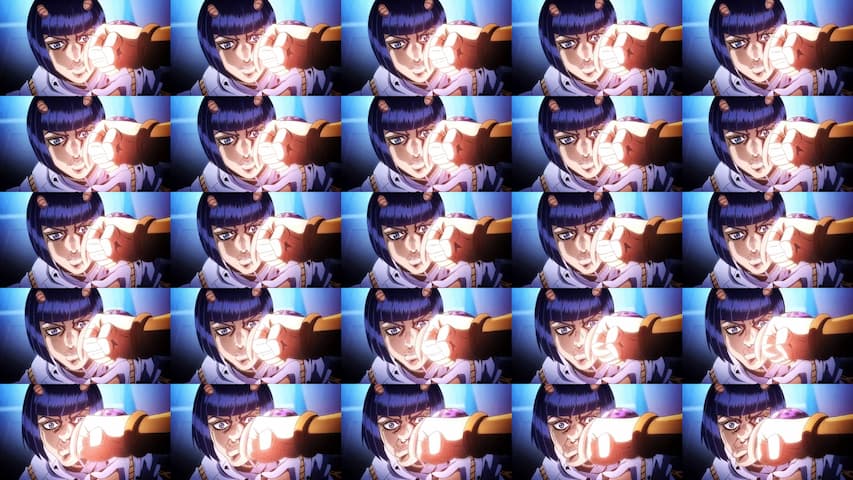
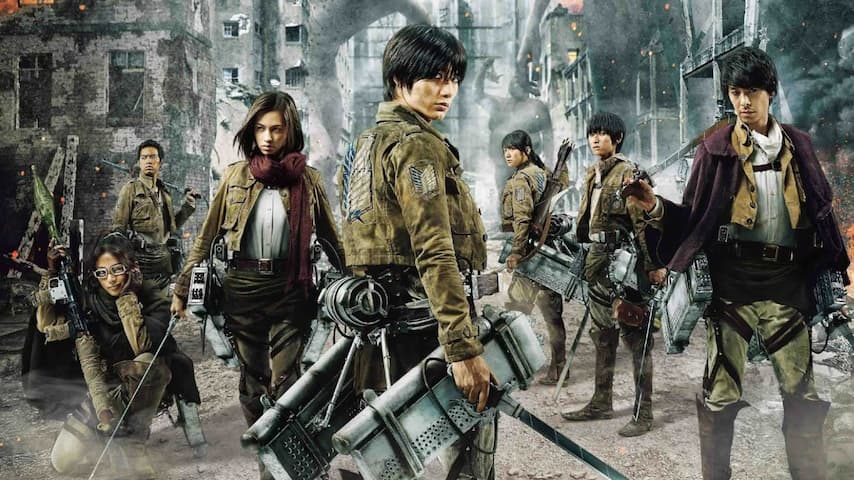


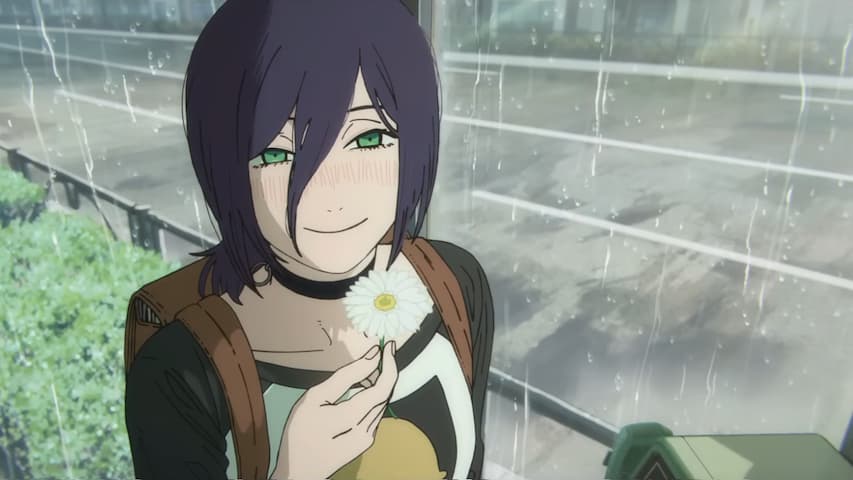
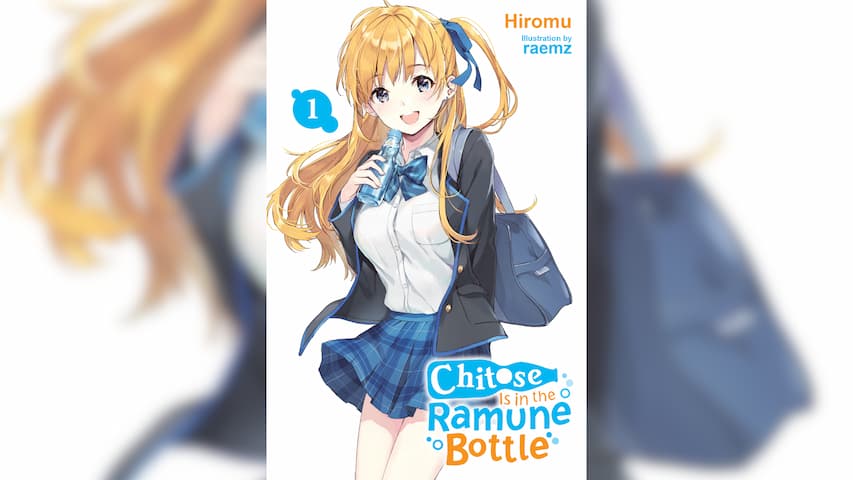
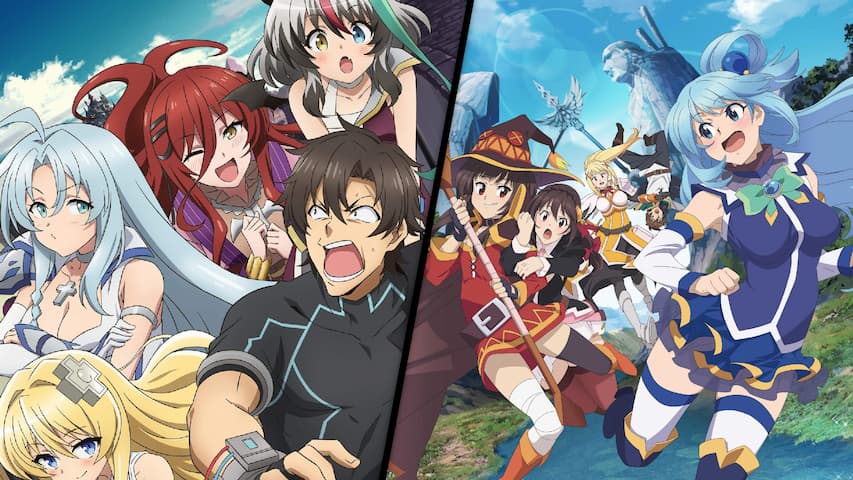
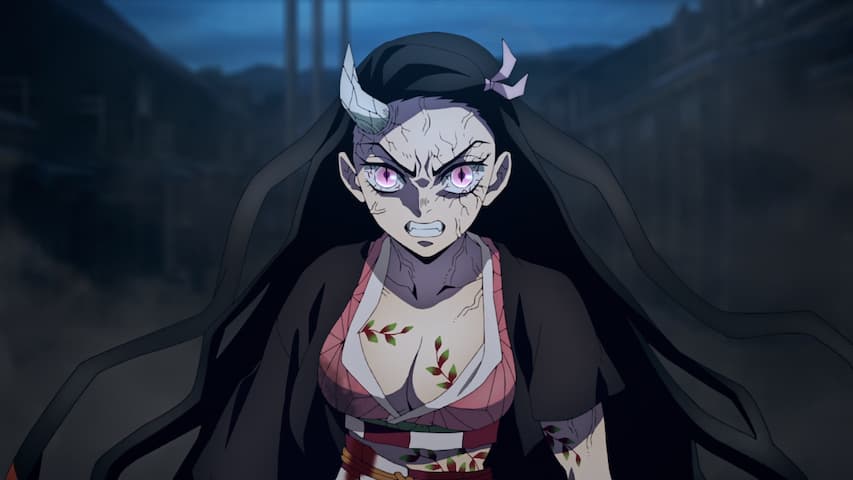

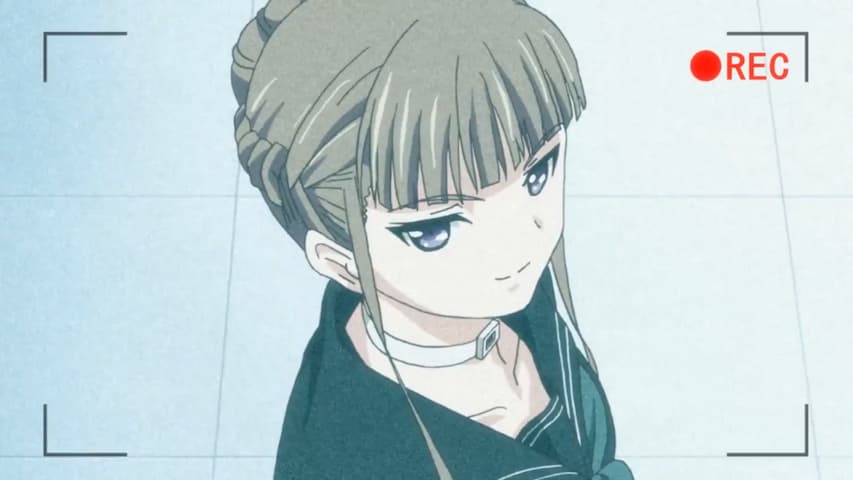
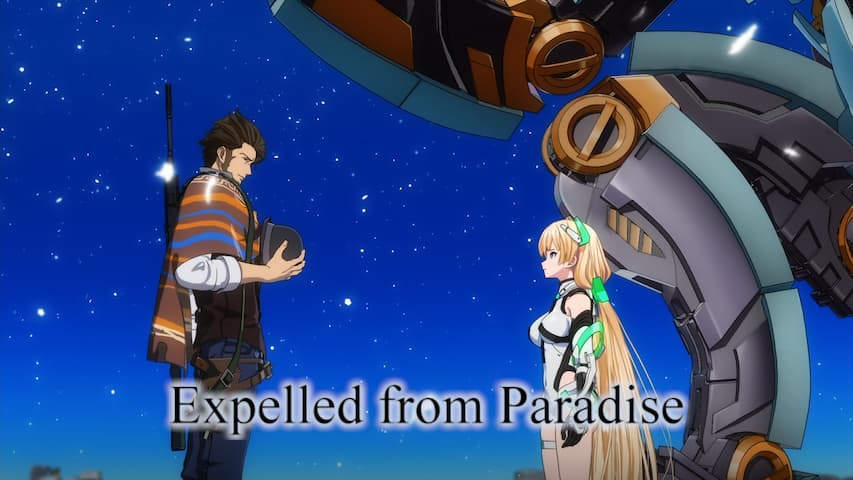
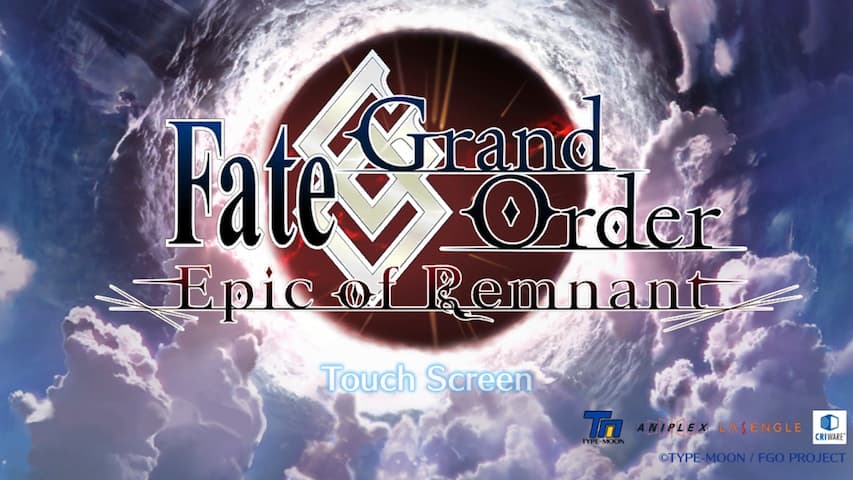

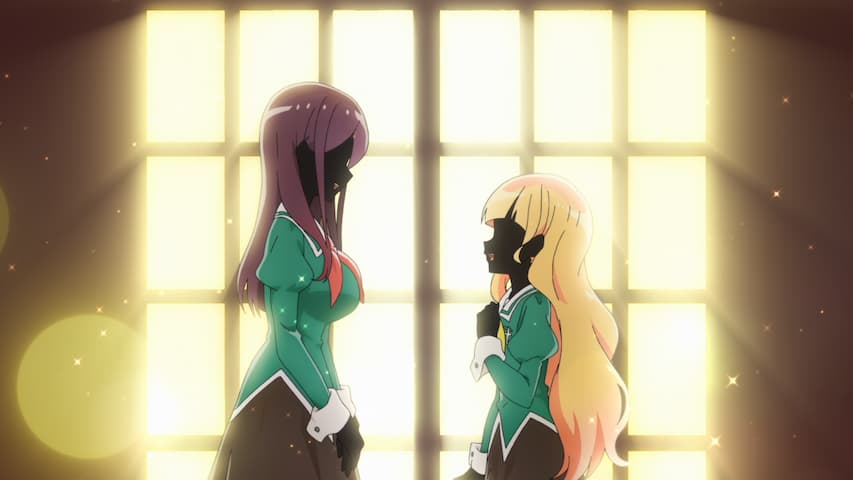
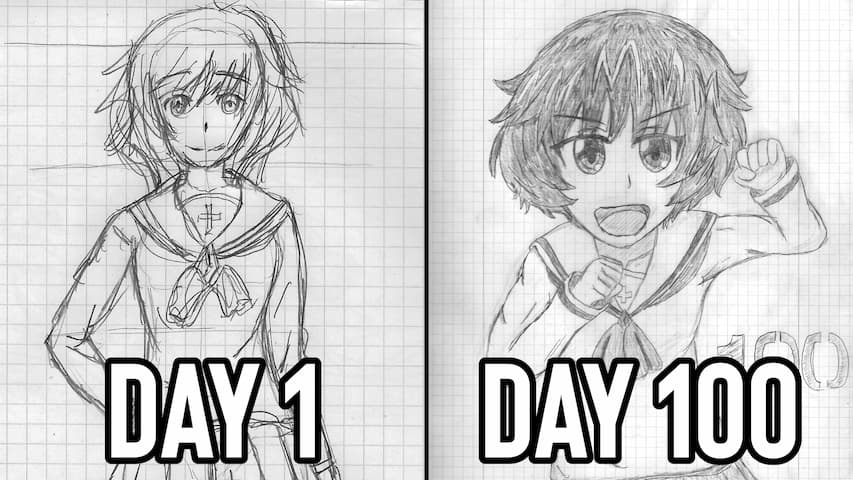
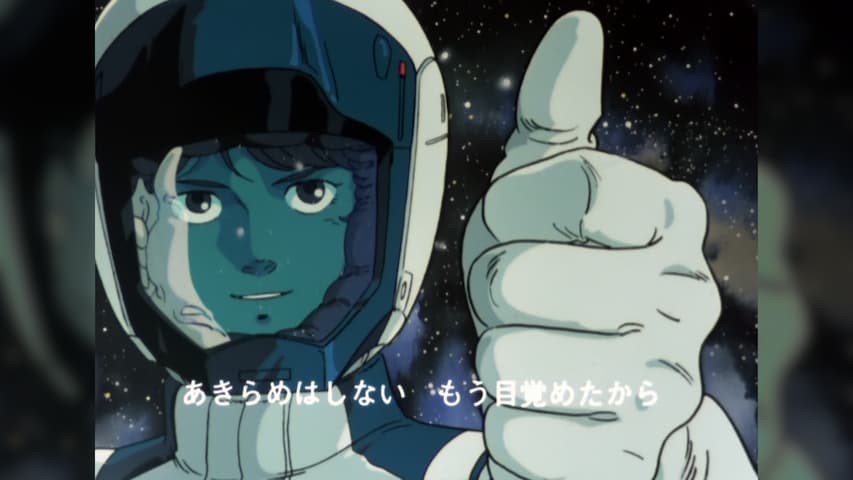

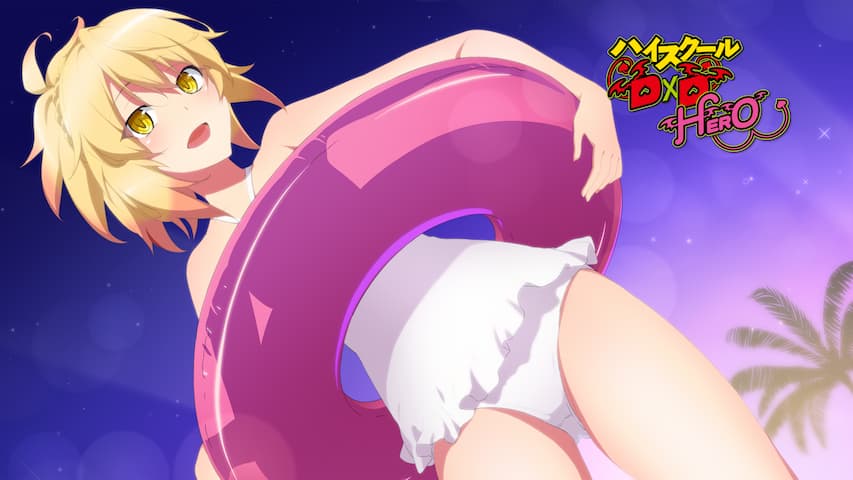
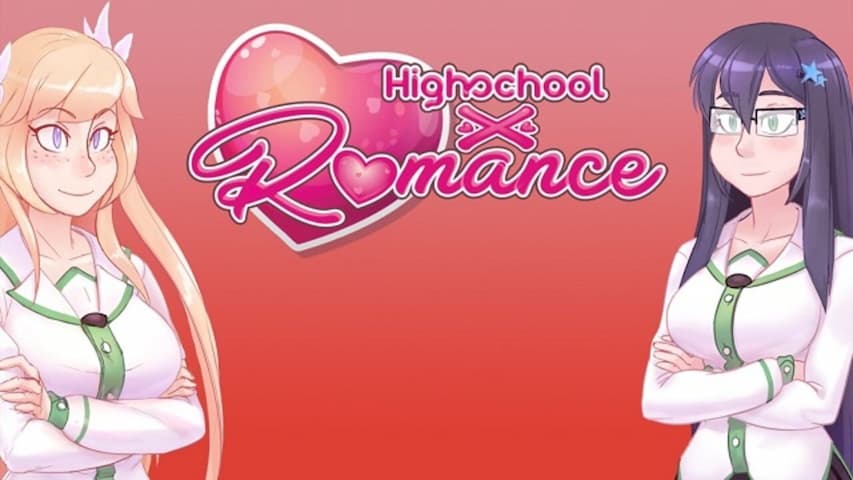
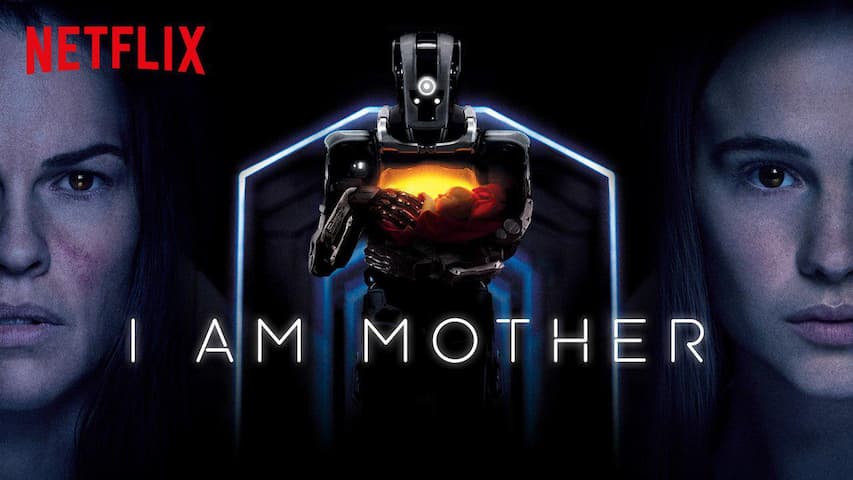
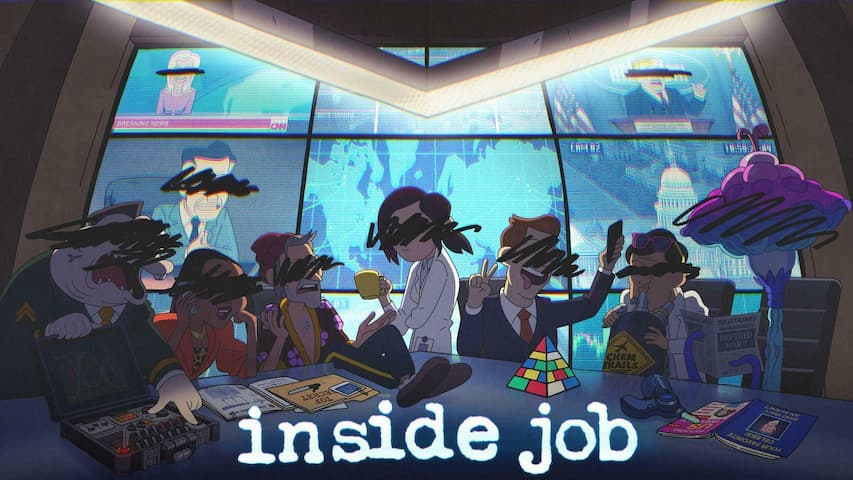
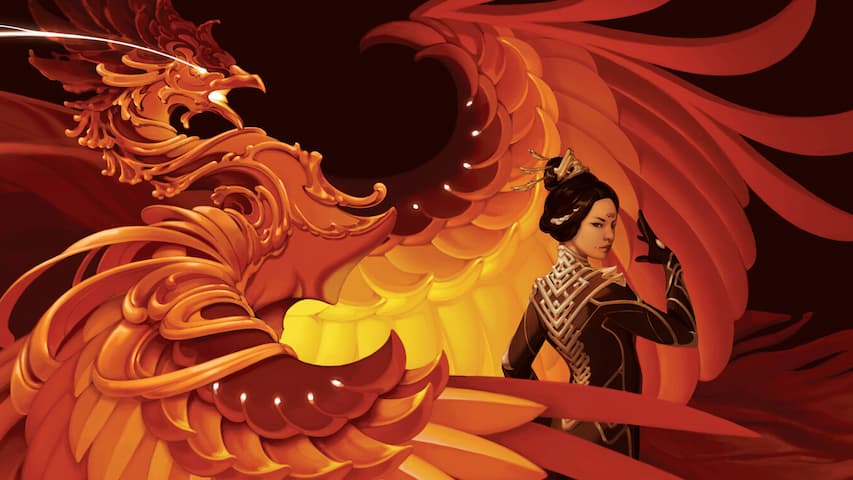
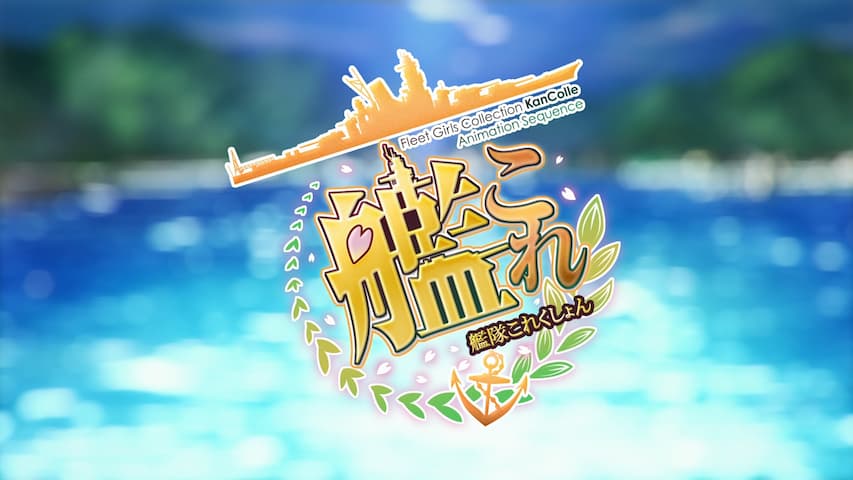
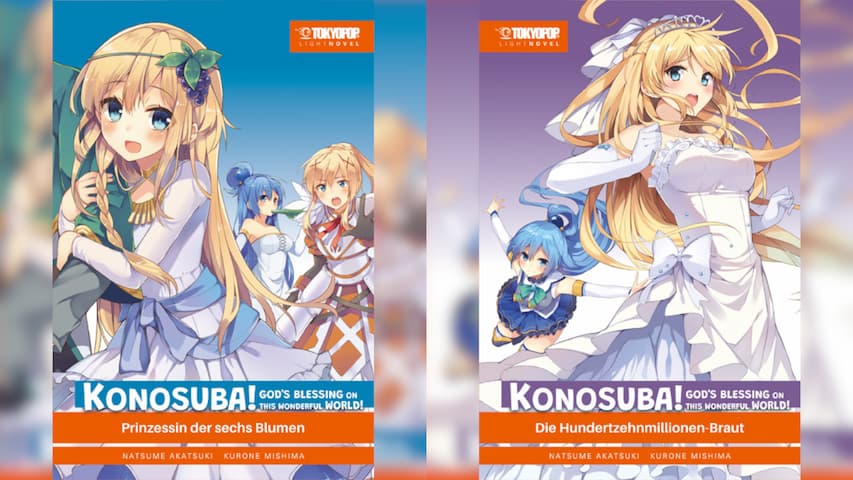
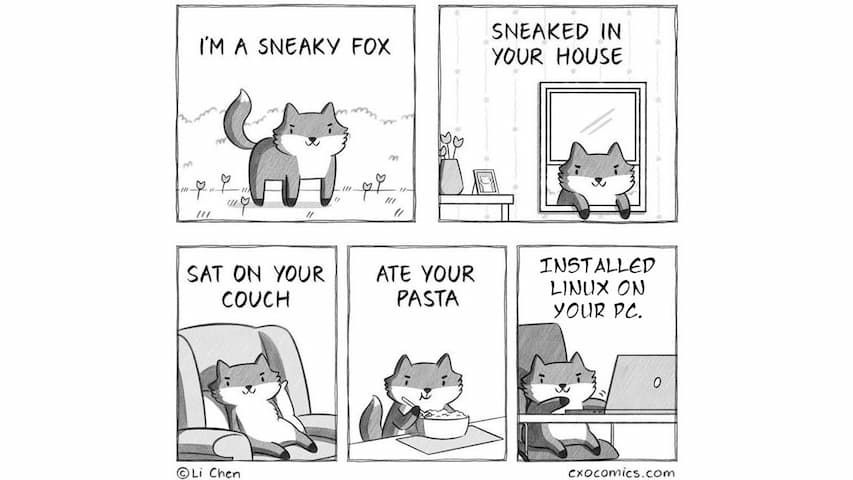
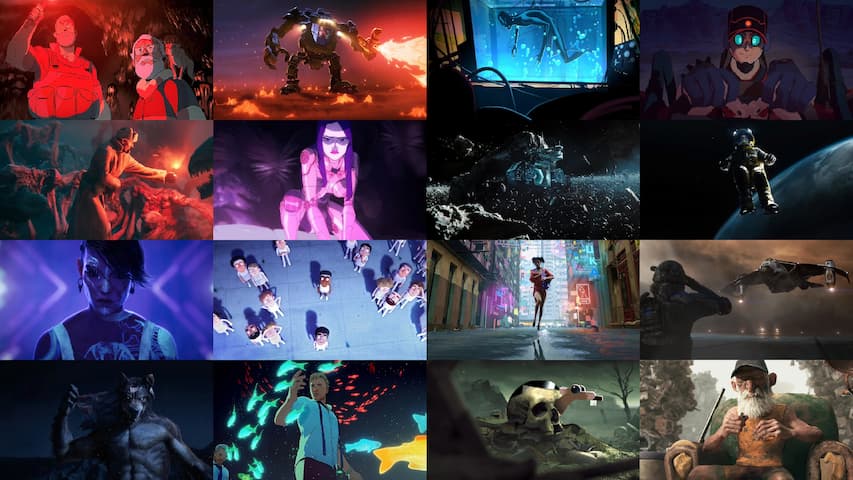
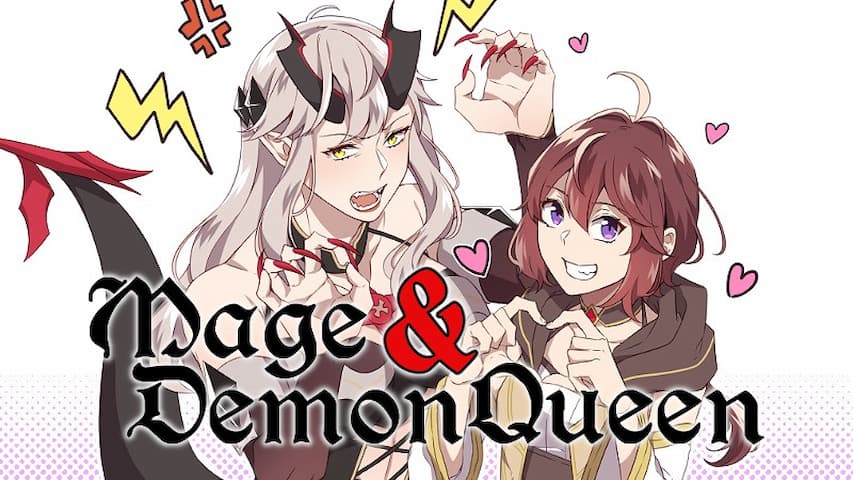
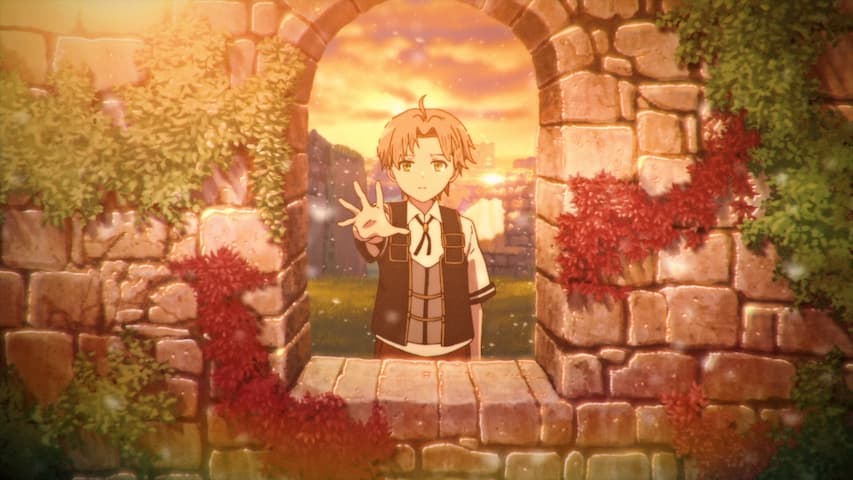

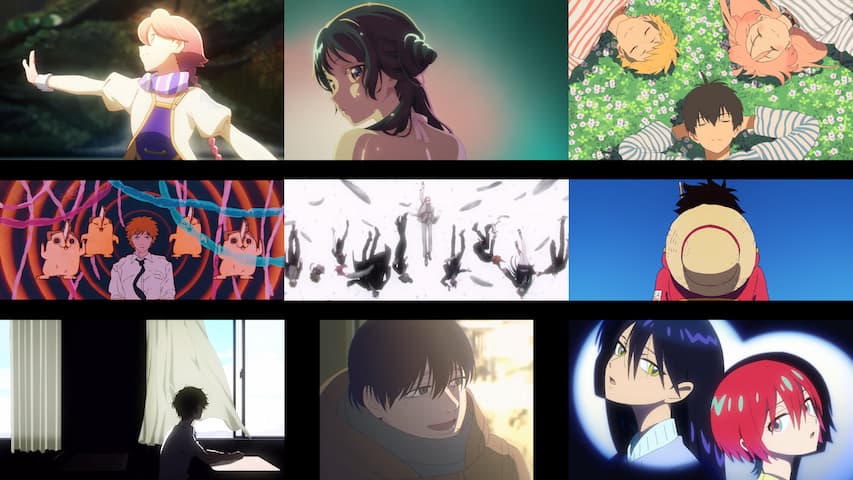

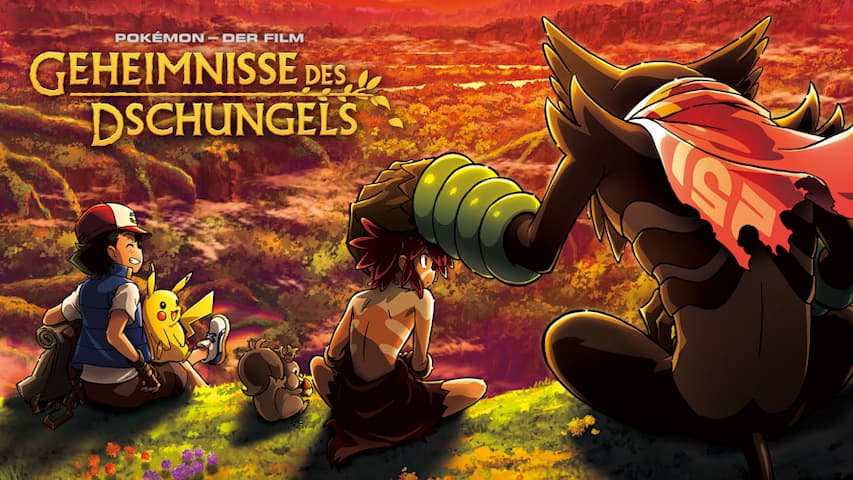
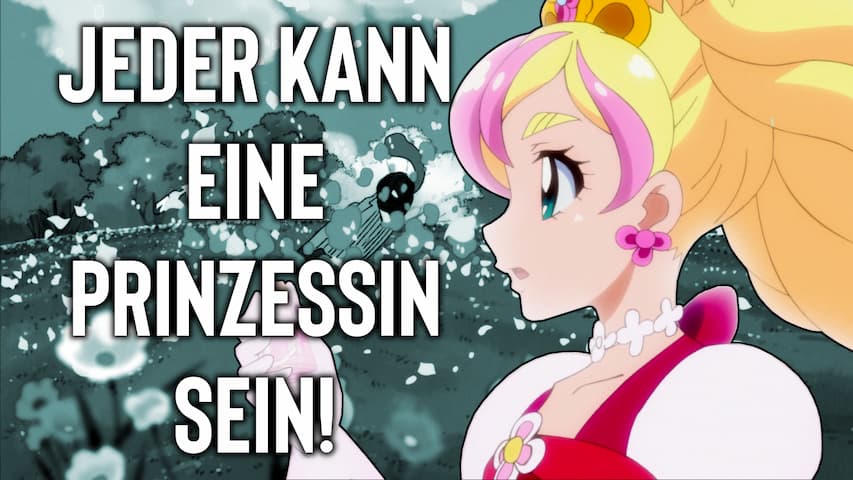
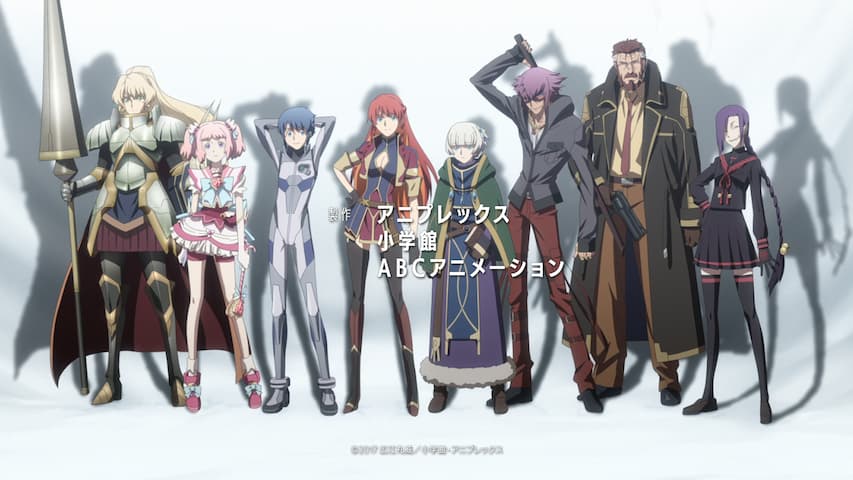
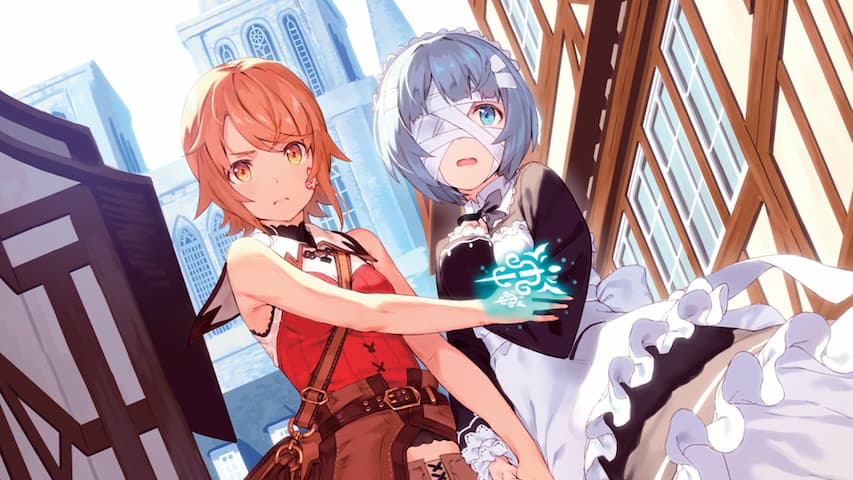
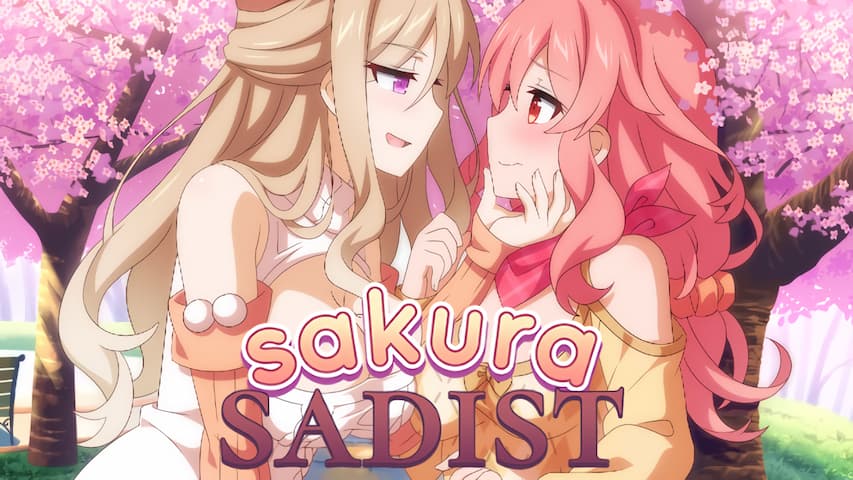
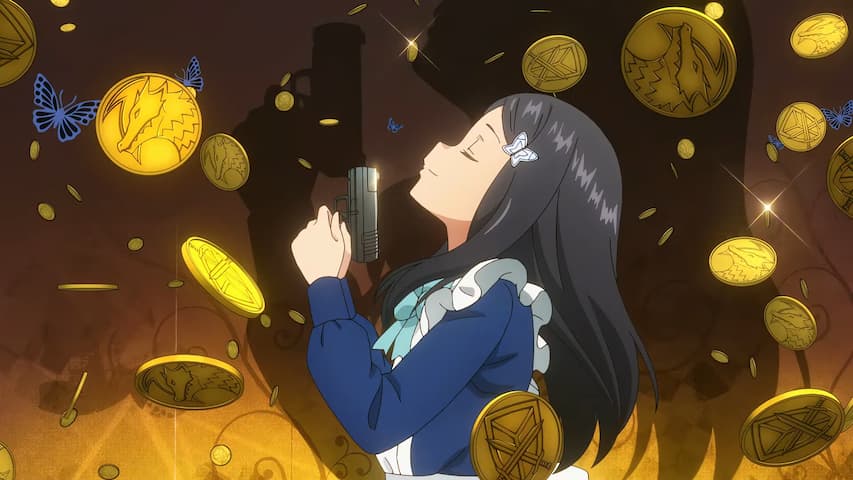

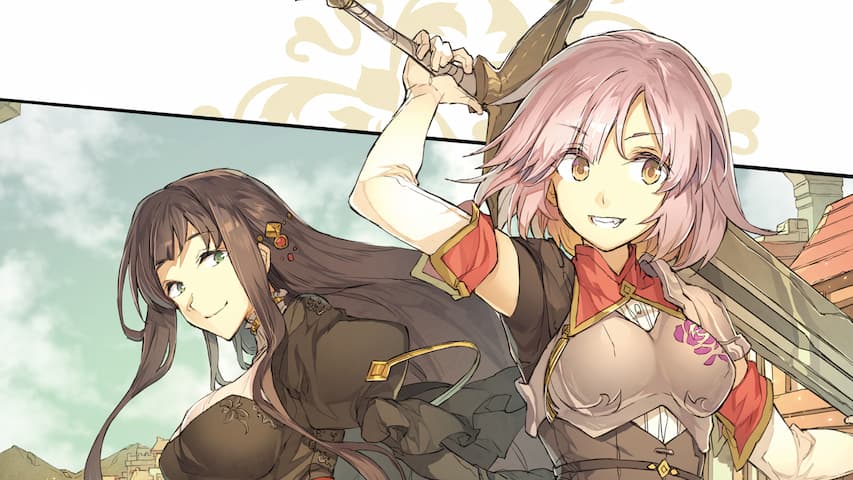

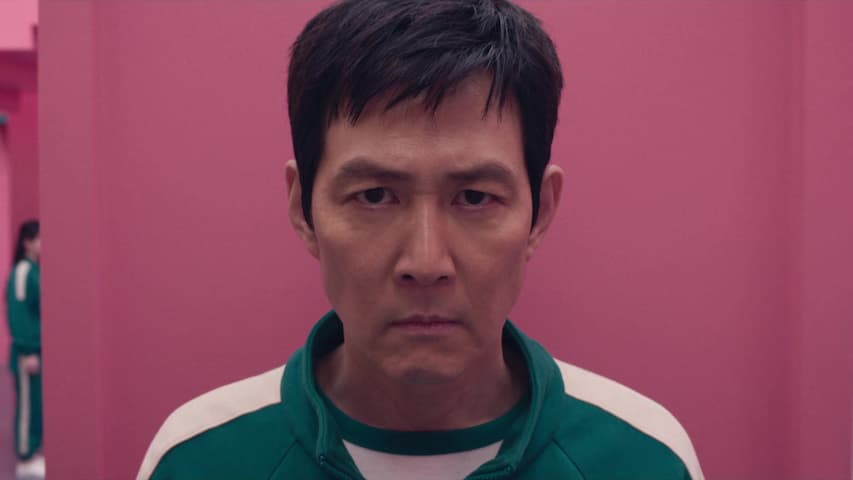
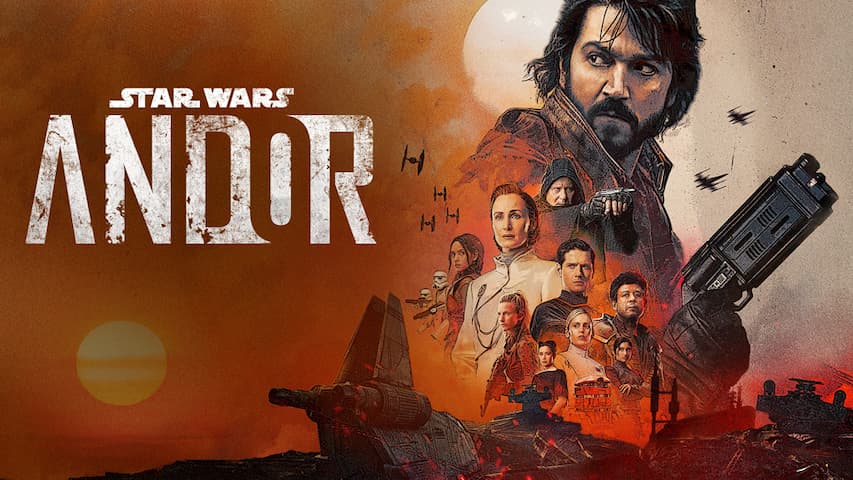
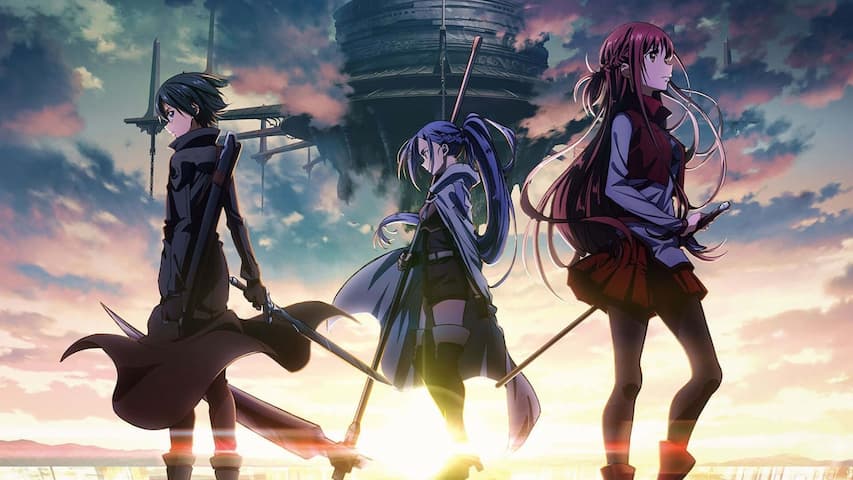
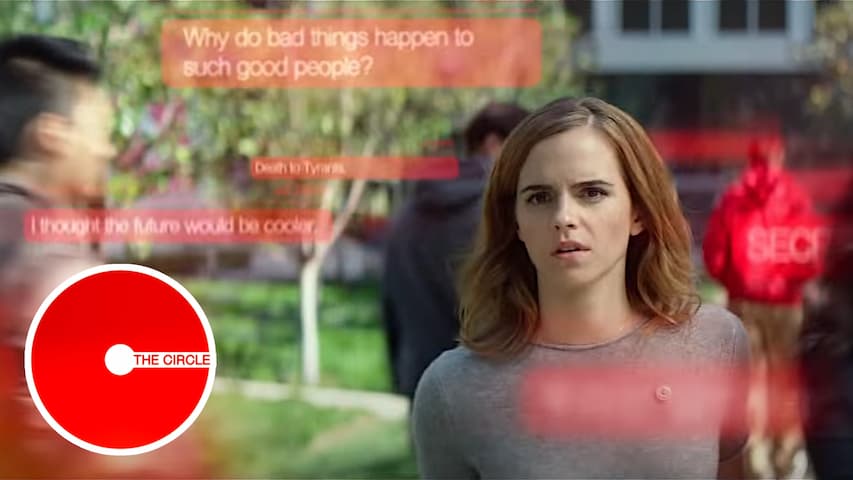
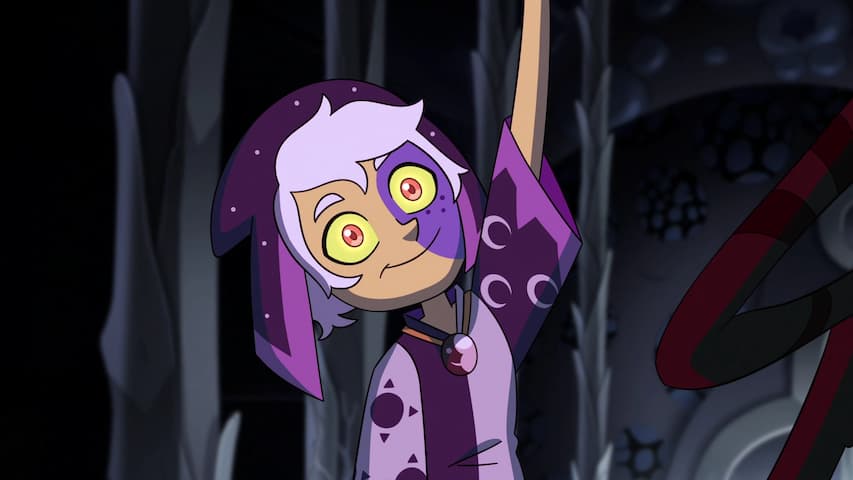
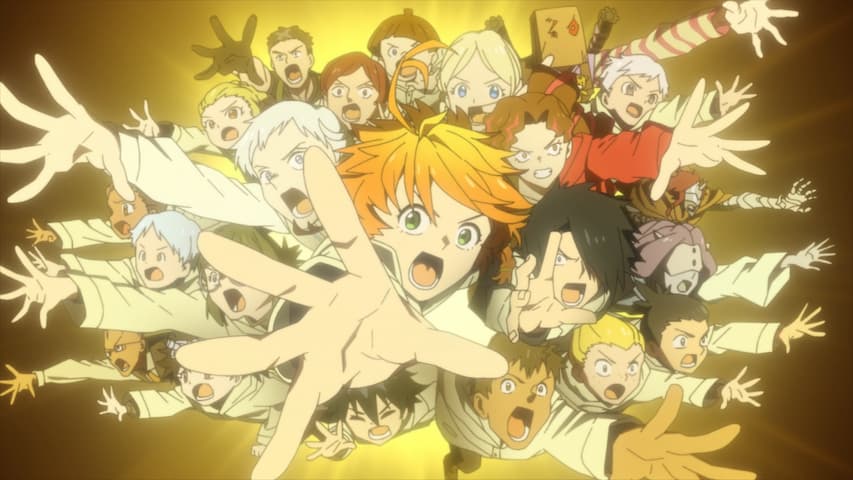
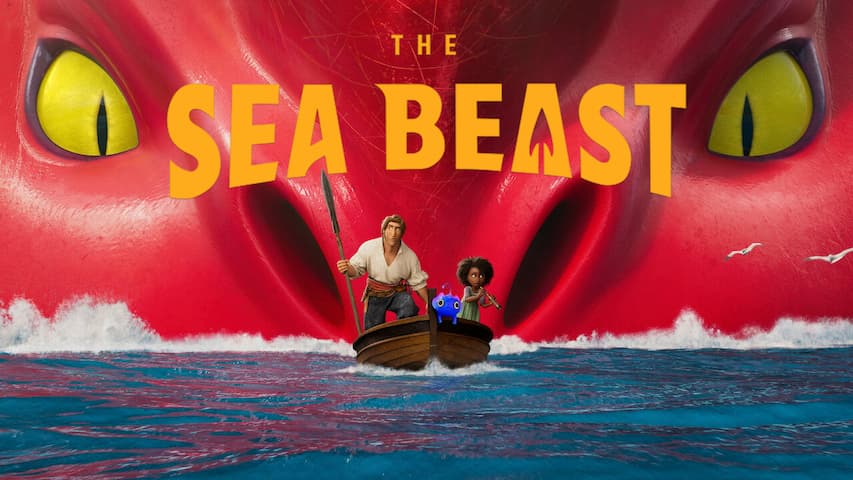
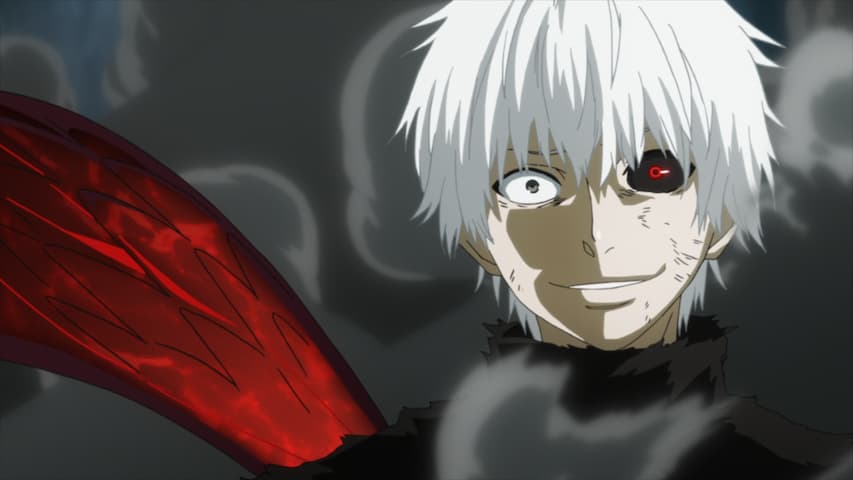

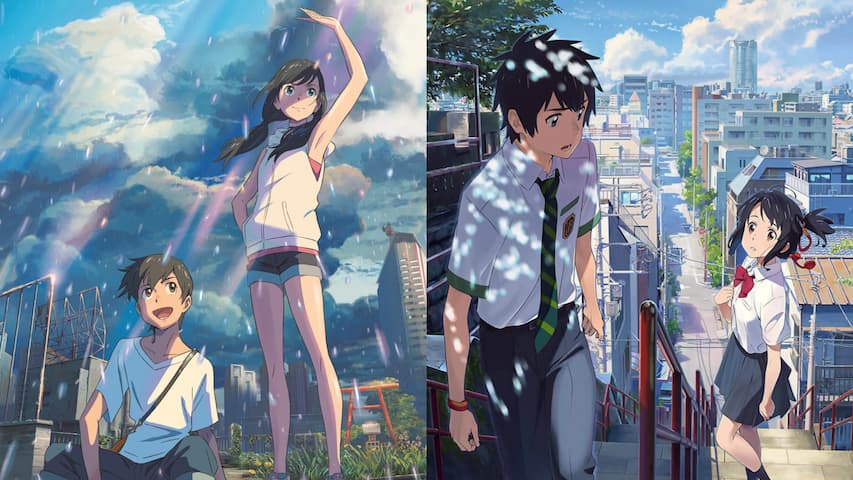
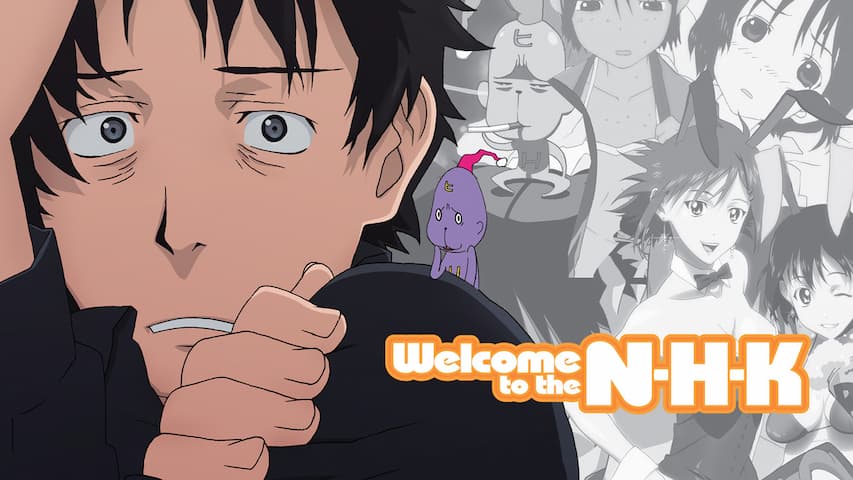



Recent Posts
2583 Words | February 8, 2026
2716 Words | December 28, 2025
3211 Words | December 12, 2025
1515 Words | October 30, 2025
7804 Words | October 3, 2025
